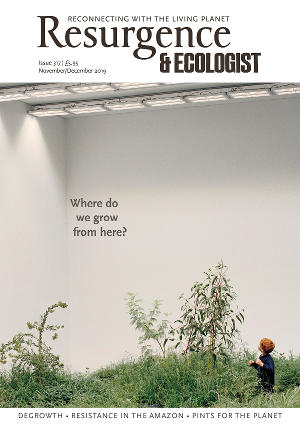Poached: Inside the Dark World of Wildlife Trafficking examines the complexities of the international illegal wildlife trade. The book shines a bright light on Eastern and South East Asia as consuming and trading hubs, and Eastern and Central Africa as suppliers of many illegally sourced animals. Through trips to numerous locations where wildlife hunting, trading and management take place, Rachel Love Nuwer tries to bring an investigative journalist’s eye to this motley, disturbing realm.
The book is organised into three parts, focusing on the demand for wildlife products, the problems of enforcement to prevent the illegal trade, and potential solutions. Across 14 chapters, Nuwer focuses particular iconic animals threated by the trade in body parts and remedies, and tackles challenges ranging from the politics of the main international convention regulating wildlife trade (known as CITES) to the theatrics of burning stockpiles of ivory by governments seeking to send a message to poachers.
The book is not optimistic about bringing down the multi-billion-dollar industry that is responsible for the deaths each year of millions of individual animals (and all too often the lives of rangers charged with protecting them). Those who stand in the way of the poachers come ill-equipped to the conflict: asking wildlife experts and conservationists to somehow prevent heavily armed and mafia-linked trafficking networks, says Nuwer, is “like asking botanists to stop the cocaine trade”. Even actions that seem like positive solutions, such as global wildlife trade bans, as are in place for ivory and rhino horn, can increase rarity and prices for these products, perversely boosting demand.
The book unfolds in a casual, chatty style, Nuwer's stories often fuelled by righteous indignation over the treatment of animals. But it is at its best when her interview subjects – from conservationists, to expert researchers, to a Thai rhino hunter locked in a South African jail – are allowed to speak for themselves.
Although the book touches on many key issues facing wildlife, ranging from commercial wildlife farms to animal rehabilitation and release, other issues are not addressed, such as the question of whether trophy or sport hunting can be a sustainable way to raise money to manage wildlife populations and protect them from poaching. Further, Nuwer’s reporting is not always balanced; for example, representatives of Southern African countries who have sustainably managed their elephant herds and would like to fund their successes with profits from some legal ivory sales are not interviewed in a chapter on the ivory trade.
As a scholar working on conservation issues, I felt there were missed opportunities for Nuwer to bring her talent for unfolding a good yarn to a more nuanced discussion of the complexity of issues regarding trade bans, captive breeding and community-based wildlife management, which she barely mentions. I particularly wish she had spent more time on the difficult problems of ‘fortress conservation’ driving some local communities into poaching – because what one person considers illegal poaching can often be another person’s long-standing local hunting right.
Readers might be left with more questions than answers, then, but for neophytes to the wildlife trade, Poached is certainly a suitable introduction, and will appeal to those who like good stories and exotic travelogues.






